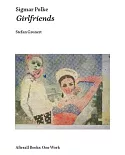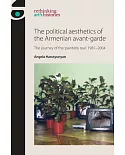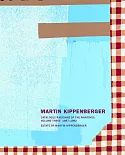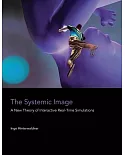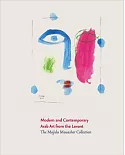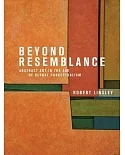Today, contemporary art is a global phenomenon. Biennales, museums, art fairs, galleries, auction houses, academies and audiences for contemporary visual art are all institutions whose presence
on a global scale has widened tremendously during the past two decades. Thus, by including contemporary art from non-Western regions, these traditional Western art institutions have not only
broadened their scope to a greater extent, but have also been challenged themselves by the new cultural, economic and media world order of globalization.
How contemporary art is made 'international' is the subject of this book, tracing as it does developments during the past two decades, while focusing particularly on the mechanisms of
'globality' which are at work in the art world today. The book critically investigates fundamental questions like: What is 'New Internationalism' in contemporary art, and how has it affected
the art world? How does New Internationalism relate to concepts like ethnicity, aesthetics, standard art history, and new media? And how is New Internationalism, rather paradoxically, furthered
to a greater extent by global capitalism than it is by seemingly progressive art projects?





